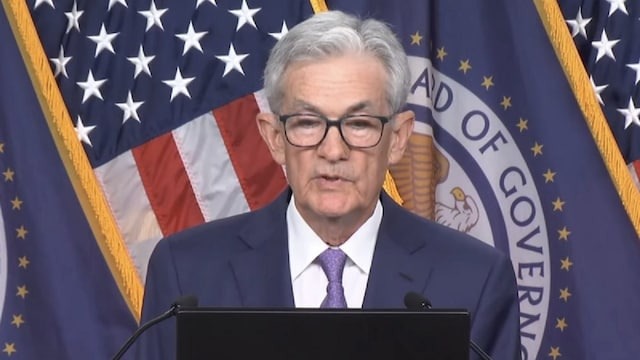
New Delhi. You and I are getting petrol and diesel for around Rs 100, which is considered quite expensive. But do you know that even at this price the government has to give huge subsidy? Developed countries have wasted billions of dollars on this. The International Institute for Sustainable Development (IISD) said in a recent data that developed countries spent $378 billion (about Rs 30 lakh crore) in subsidizing fossil fuels in 2023.
Developed countries have committed to give $300 billion every year to developing countries till 2035 to tackle climate change. This amount is much more than the commitment made by developed countries. An analysis by IISD shows that government support for fossil fuels reached at least $1,500 billion in 2023. This will be the second largest annual support after 2022, when the Russia-Ukraine war triggered a global fossil fuel price crisis.
The 10 largest subsidies
of fossil fuels in the year 2023 included Russia, Germany, Iran, China, Japan, India, Saudi Arabia, Netherlands, France and Indonesia. According to the data, 23 developed nations spent $ 378 billion on fossil fuel subsidies. They have been authorized under the United Nations Climate Conference to provide climate finance to developing countries.
Billions of dollars will have to be given till 2035
At the United Nations Climate Conference held in Baku, Azerbaijan last month, these countries had committed to provide $300 billion every year to developing countries till 2035 to help them deal with climate change. However, this is much less than the $1,300 billion required annually by the global south to deal with the problem of a rapidly warming earth. India, Bolivia, Nigeria and Malawi, speaking on behalf of a group of 45 least developed countries (LDCs), strongly criticized the new climate finance package for developing countries.
90 percent of carbon comes from fossil fuels
India argued that $300 billion is not enough to implement ambitious national climate plans known as nationally determined contributions. It said that the amount, when adjusted for inflation, is less than the previous target of $100 billion agreed in 2009. Fossil fuels including coal, oil and gas are the biggest contributors to climate change, accounting for more than 75 percent of global greenhouse gas emissions and about 90 percent of all carbon dioxide emissions.

 Desk
Desk Share
Share






